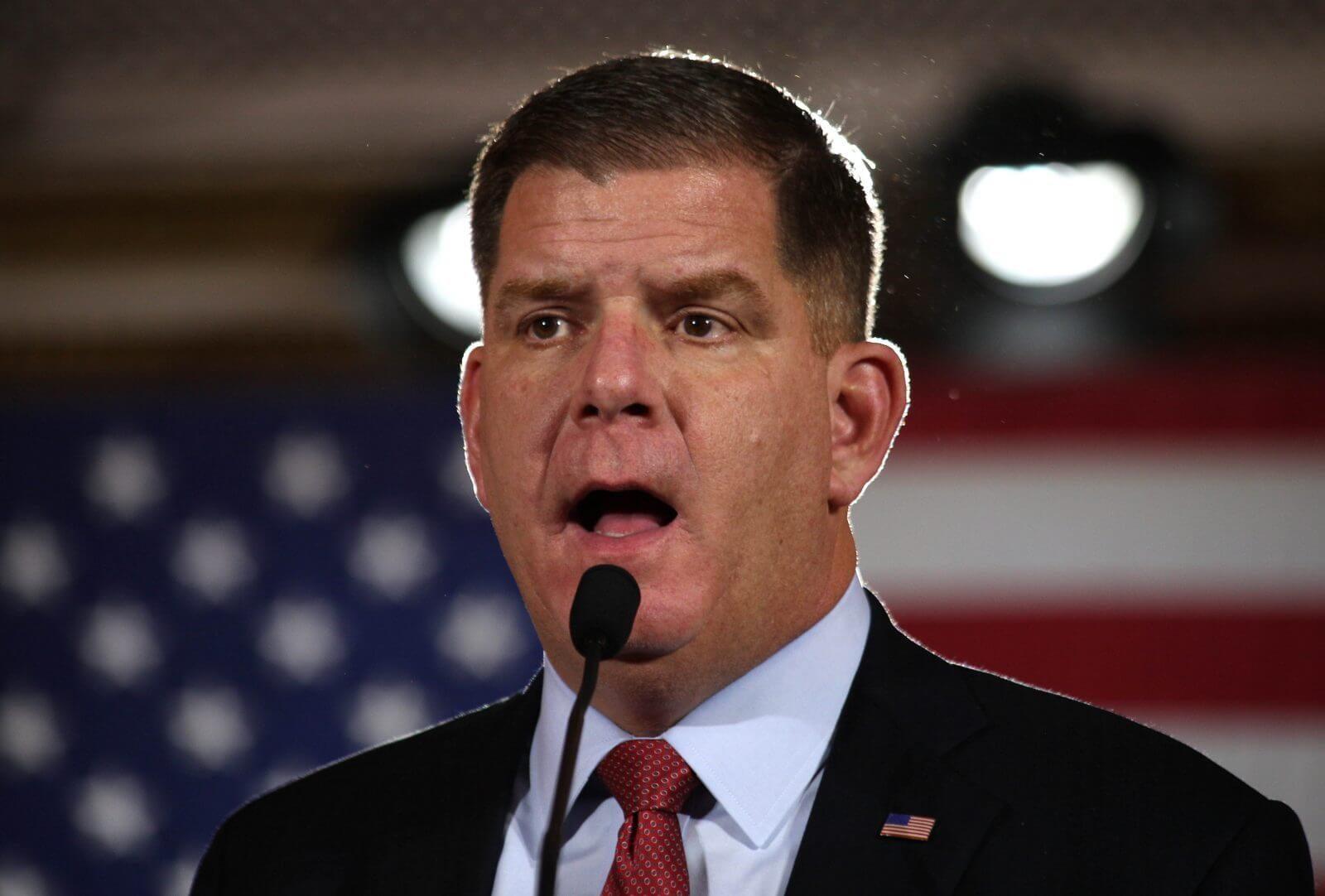Congress issued a continuing resolution Thursday to restore Military Tuition Assistance programs by limiting spending on political science research to finance government operations through the end of the 2013 fiscal year.
Boston University spokesman Colin Riley said 80 active-duty service members at BU would have been affected by the cut.
“The students are stationed throughout the world, taking courses online as well as at [U.S.] Marine bases in North Carolina and Virginia, and at Hanscom Air Force Base in Bedford,” he said. “Many joined the military with the expectation that their education would be covered. The decision to restore military Tuition Assistance Programs was a fair and prudent one.”
The Senate passed the bill Wednesday and the House of Representatives followed suit Thursday. The bill has since moved to the White House for U.S. President Barack Obama’s signature.
Tuition Assistance Programs are available for active-duty service members who are working toward a college degree, Riley said. The elimination of tuition assistance would have hit 300,000 members of the U.S. Army, U.S. Air Force and Marines, including more than 1,300 students in Massachusetts.
Lieutenant Colonel of Logistics Corps and Chairman of Military Science at BU Jen Bower said there are no planned cuts to Army ROTC scholarships in the near future as a result of the sequester.
“U.S. Army ROTC Cadet Command expects to incur a reduction to its operating budget,” she said. “However, the sequestration has no effect on 2013 fiscal year Army ROTC scholarships, and we’re proceeding forward with 2014 fiscal year Army ROTC scholarship allocation without change.”
Michael Dakduk, executive director at Student Veterans of America, a nonprofit coalition of over 750 student veteran organizations on college campuses globally, issued a statement on Monday supporting the bill.
“Restoring tuition assistance is absolutely critical to the long-term vitality of our service members,” he said in an email statement. “Education leads to success, both in uniform and out. By cutting tuition assistance, we set a dangerous precedent in our country that education is not valued in our military.”
An amendment in the bill will limit spending on political science research by restricting the ability of the National Science Foundation to approve any grants involving political science, said BU political science professor Doug Kriner.
“National Science Foundation funding is slated to be cut as part of sequestration, yet it is not clear exactly by how much or how it will affect our school,” he said. “Essentially, what happened here is that Congress decided to tell the military that the military tuition program is largely off-limit.”
Windham Veevaert, a College of Arts and Sciences sophomore and ROTC member, said he is relieved that the initial bill to cut military spending did not pass.
“The military in general is cutting back, and it’s harder to commission into the army for active duty,” he said. “It’s indicative that the government is cutting back on military and focusing on diplomacy, which is not good for my situation and would be even worse if it had been passed.”
CJ Doherty, a CAS sophomore, said cuts to political science research are irresponsible.
“Cuts aimed at academia and research just don’t make sense in a time when the U.S. is consistently behind in math and science testing,” he said.
School of Education junior Ethan Mapel said political science funding was an unfortunate victim of the cuts.
“I sympathize with anyone affected by the cuts in funding,” he said. “When spending has to be cut back the money needs to come from somewhere and everyone will have their own perspective on the best and worst areas on which to cut back. Political science research has its obvious functions, but when it is all said and done, someone will have to pay.”

























































































































Justin McArthur • Mar 27, 2013 at 11:10 am
I’m a soldier and I just tried to get TA, and they told me it was still suspended. So what’s the deal here? Is it reinstated or is it not? They act like they don’t know anything yet about Congress reinstating it. I’m getting completely frustrated with this whole thing, as I’m sure many other people are.
E Lopez • Mar 27, 2013 at 9:19 pm
Read the article again. “The bill has since moved to the White House for U.S. President Barack Obama’s signature.” Until the president signs it, “they” cannot implement it.